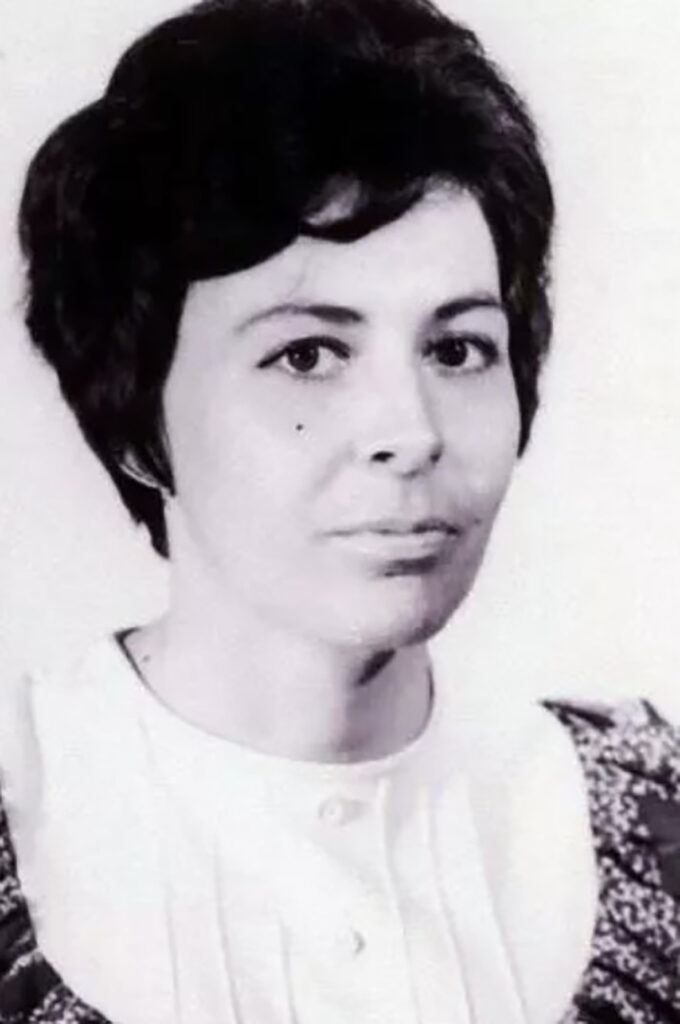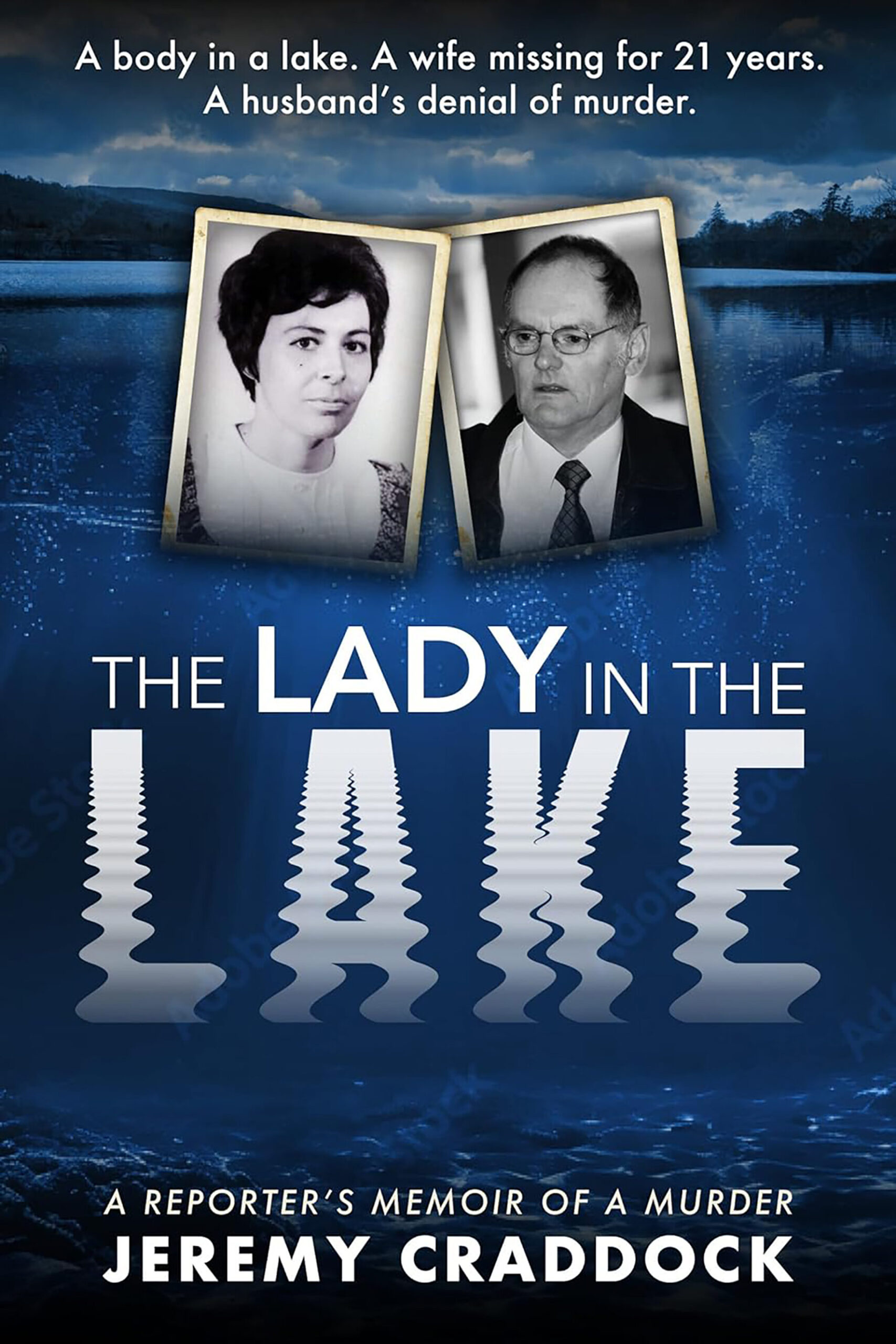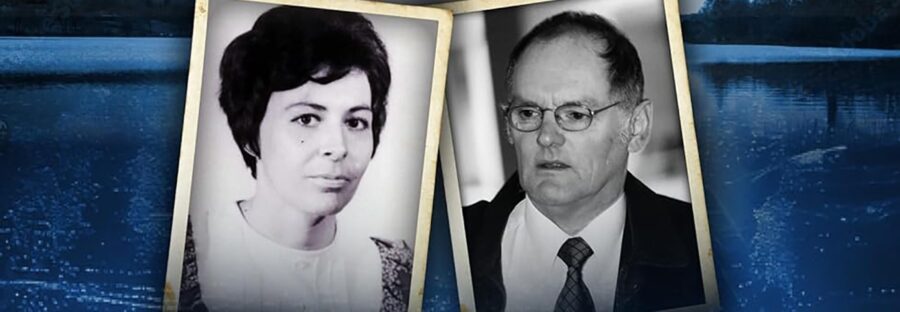Former news editor turned true-crime writer: NQ’s interview with Jeremy Craddock
- Journalism lecturer Jeremy Craddock gives insight into the making of his memoir
- True-crime novel follows former cold-case murder of Carol Park in 1976 during Craddock’s time as a local newspaper reporter
A ManMet journalism lecturer who specialises in writing true crime books has lifted the lid on a shocking murder case involving a woman who went missing for 21 years before being discovered at the bottom of Coniston Water in the Lake District. His latest project, The Lady in the Lake, details the court proceedings that would result in the conviction of her husband as her murderer.
We had the chance to sit down with the author for an interview in which we discussed topics from true-crime sensationalism to advice for aspiring writers.

Balancing careers
We initially questioned how Jeremy managed to balance his work as an academic and an author. To this, he retorted that he has more time in his current occupation than he had in his prior news-editing role: “Now that I work as a lecturer there is time, and the university encourages me to do my writing.”
He discussed how his current job has aided his literary ability, stating: “I think because I teach Media Law here at Manchester Met, I’ve got a deeper understanding of the ethical considerations around privacy and being sensitive to people.”
Sensitivity
Sensitivity was discussed thoroughly throughout the interview. Due to the severity of the story depicted in The Lady in the Lake, Jeremy spoke about how he had to “tread very carefully with it.”
He went on to say: “The sort of things that I write now, they can be sensitive. They’ve got a lot of ethical challenges to them. If I tried to write them while I was in my 20’s, I don’t think I would have been very successful.”
In contrast to sensitivity, Jeremy discussed of the role of sensationalism in the true-crime genre: “I think if you look at true crime at the middle of the last century, it was very sensational.”
He said there is a danger in true crime writing, in that “it kind of disregards the victim.
“I think there is still a market for the sensationalism,” he said. “I just don’t like that particular end of the market.”
In contrast to these more sensational authors, Jeremy stated: “I like to look at the wider impact of the crime. I think there is still a market for the sensationalism. I just don’t like that particular end of the market.”
Jeremy also spoke of the compromise true-crime authors make with sensationalism, saying that “even in the more literary end of true-crime, inevitably there will be a sensational element. You’re looking for those elements that will intrigue the reader.”
He described true-crime as “a bit like going on a rollercoaster. You experience that fear and that thrill, but it’s controlled.”


Advice for aspiring readers
Jeremy also gave advice for aspiring authors during the interview, saying “get over yourself”, “don’t be too precious” and “realise it’s a business.”
On the subject of constructive criticism, Jeremy detailed how his career had readied him for feedback. He said: “After 25 years at a newspaper, you get used to criticism.
“As a journalist on a newspaper, you generally only hear from people when it is negative. People assume everyone’s telling you how great you are.”
The Lady in the Lake can currently be bought and read on paperback and kindle or listened to as an audiobook through Audible.


